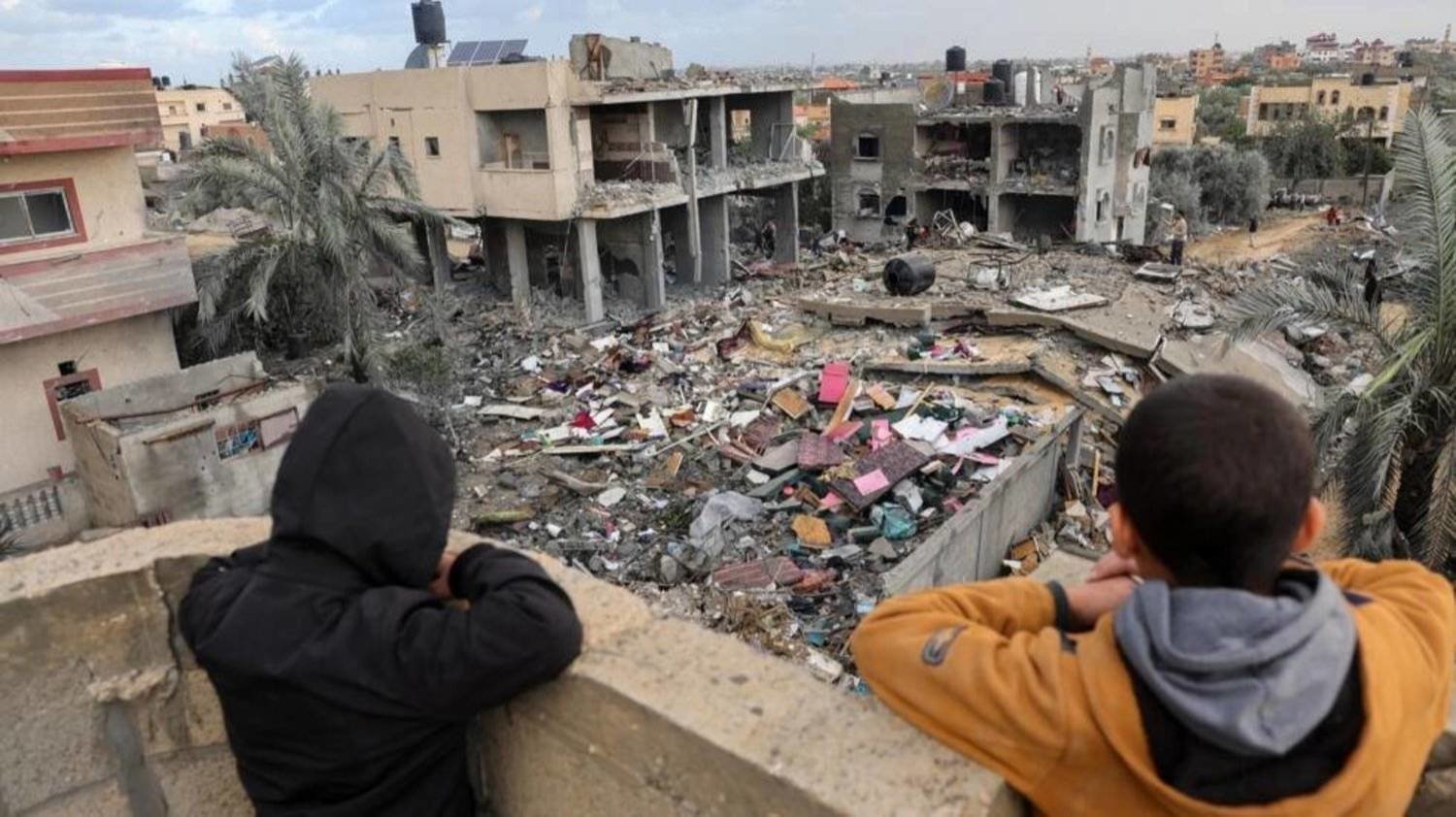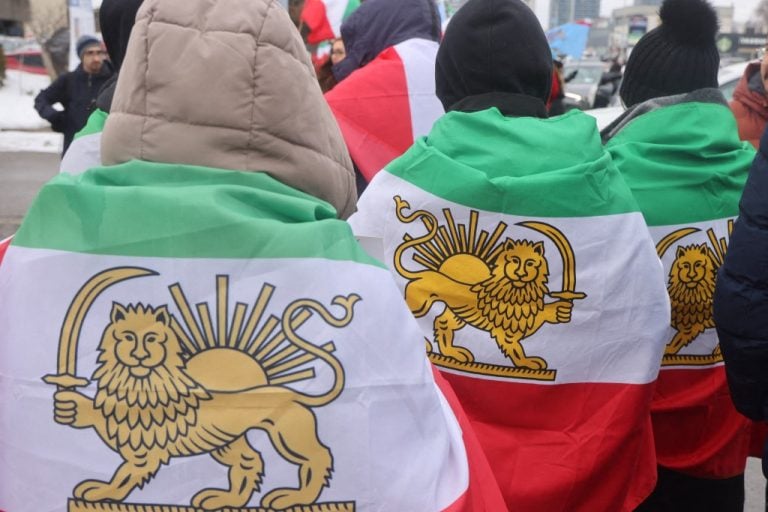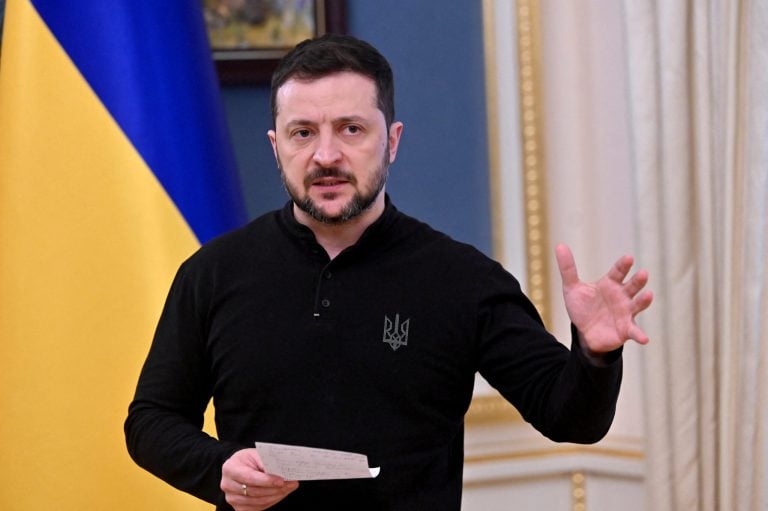In a surprising announcement during a joint press conference with Israeli Prime Minister Benjamin Netanyahu, President Donald Trump proposed a controversial plan for the U.S. to take control of the Gaza Strip. The plan would involve relocating millions of Palestinians to other countries, with little regard for their personal desires, and transforming Gaza into what Trump envisions as “the Riviera of the Middle East.”
The remarks elicited gasps from attendees as Trump outlined his ambitious project, which he claimed would include removing unexploded ordnance and debris, while economically revitalizing the region. “The U.S. will take over the Gaza Strip and we will do a job with it, too. We’ll own it,” Trump stated confidently, suggesting that there is support from notable leaders in the Middle East for this initiative. However, both Egypt and Jordan promptly rejected the idea of resettling Gazans, as did the Palestinian leadership.
While discussing his vision for Gaza, Trump noted the potential for it to become “magnificent,” asserting a form of “long-term ownership” by the United States. Netanyahu, who was visiting the White House for the first time since Trump’s return to power, expressed enthusiasm for the proposal, labeling it a transformative opportunity that was worth serious attention.
Despite the optimism expressed by American and Israeli leaders, significant skepticism arose from Palestinian representatives. Riyad Mansour, the Palestinian envoy to the United Nations, vehemently opposed Trump’s suggestions, declaring, “Our homeland is our homeland,” and emphasizing the necessity to honor the wishes of the Palestinian people. Gazans themselves have also spoken out against the idea, with one resident, Hatem Azzam, reflecting a common sentiment that the region is far more valuable than Trump’s characterization.
Trump’s plan, which lacked specific logistical details, hinted at a possible need for military presence in Gaza, admitting that it could involve “boots on the ground” if required. This is not the first instance of Trump discussing Palestinian territory in transactional terms; previously, he had alluded to the potential for Gaza to be “better than Monaco.”
At the same time, Netanyahu articulated that Israel would continue its military focus as it aims to extract all hostages held by Hamas while maintaining the potential for renewed conflict with various adversarial regional actors. Additionally, Netanyahu voiced confidence in advancing normalization talks with Saudi Arabia, though the kingdom has reiterated that formal ties would only come with the establishment of a Palestinian state.
The proposal drew stark opposition not just from Palestinian leaders but also from key Middle Eastern nations, with Egypt, Jordan, and Qatar outright dismissing the suggestion of displacing Gazans. The conflict, which reignited with Hamas’s attack on Israel in October 2023, has resulted in extensive casualties on both sides, leading to a prolonged humanitarian crisis in Gaza.
The long-term implications of Trump’s plan remain uncertain and are poised to spark further debate and resistance both domestically and internationally. As the situation continues to evolve, the future of Gaza, along with the lives of its residents, hangs in a precarious balance.







